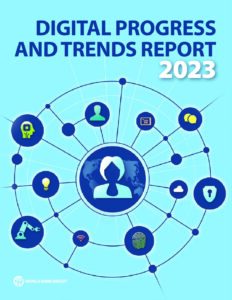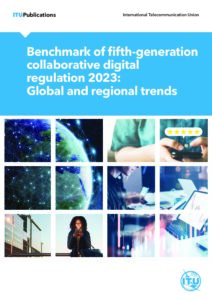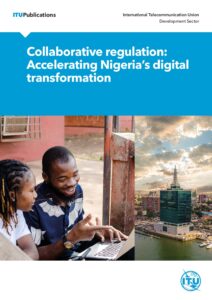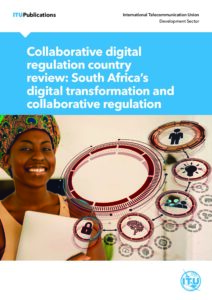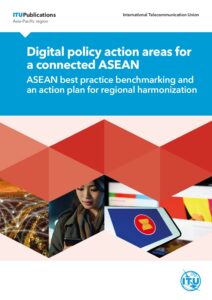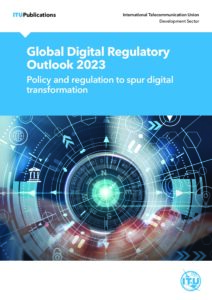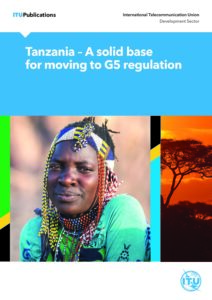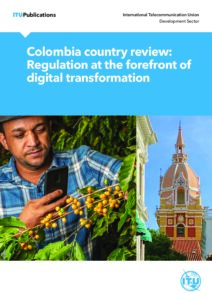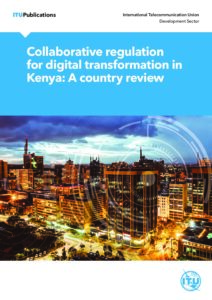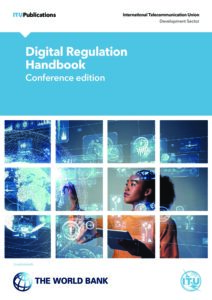
Digital Regulation Handbook
Published in 2020Today’s digital technologies are transforming almost every sector of the economy by presenting new business models, introducing innovative products and services – and, ultimately, changing the way countries around the world harness socioeconomic development. Digital technologies, and the benefits that they bring, can connect citizens to services and opportunities, and help them build a better future. However, for markets to functi...
